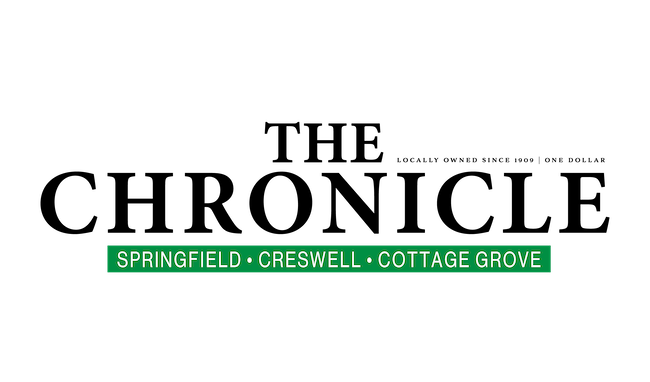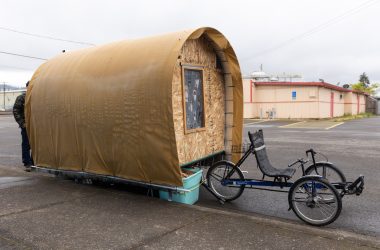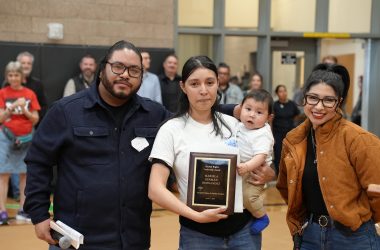
March has been designated Women’s History Month since 1988. Because 2020 marked the 100th anniversary of women securing the right to vote, many organizations have extended celebrations of that milestone to 2021 and beyond. This extension allows time for everyone to deepen our understanding of the long struggle to achieve suffrage, the inequalities that resulted in 1920, and the work that remains to achieve universal suffrage.
America continues to see many “firsts” for women. As long as the appointment or election of a woman to any particular office, NBA referee or vice president, is considered newsworthy, the need to take time to consider the role of women in America is real.
 Lynch
Lynch
The League of Women Voters of the United States was organized on Feb. 14, 1920, in Chicago at the National American Woman Suffrage Association meeting. Following decades of work, the group anticipated that within weeks the required number of states would ratify the 19th Amendment, giving women the vote. It turned out to take longer than just a few weeks, with Tennessee providing the 36th state ratification in August.
The year 1920 was a presidential election year; political parties were developing their policy platforms. The work of the League in 1920 was to complete the campaign for ratification of the amendment, and an important tactic was to have support for women’s suffrage included in the platforms of both political parties.
Ratification of the 19th Amendment to the Constitution doubled the number of eligible voters in the country. This was huge!
The founding objectives of the new organization were: education of the new voters, passage of needed legislation, with primary emphasis on the protection of women and children, and awakening the electorate.
The League of Women Voters is known today, and has been since its inception, for efforts to get out the vote, host candidate debates and forums, and some people will remember the League used to be the convenor of presidential debates. Those debates were so successful, the political parties joined forces to take them over.
But the League’s work and influence is broader. Over the decades, the League has worked to influence voters and legislators on many issues. These include voting rights and universal public education, but also establishment of the United Nations, passage of the Equal Rights Amendment, clean air legislation, fair working conditions policies, and others. Under the current theme of “Making Democracy Work,” the League is working to make donations to candidates and political action committees more transparent.
We challenge all efforts and tactics that limit the ability of people to vote, and we oppose partisan and racial gerrymandering at all levels of government that strip rights away from voters.
It is important to note that in 1974 the League opened its membership to men.
Today there are men in many leadership roles in the League, including the immediate past president of the League of Women Voters of Oregon.
The membership is open to anyone over the age of 16. The League assumes that if someone living in America is interested in learning about the issues we confront, they are welcome to join.
When considering the League’s founding objectives — educate new voters, enact needed legislation, and awaken the electorate — it is clear that the organization’s work remains relevant 101 years later. When other civic or activist or nonprofit organizations register their members to vote, they often enlist League members for training or other help in those efforts.
Whenever an Oregonian uses the Department of Motor Vehicles, such as getting or renewing a driver’s license, that person is asked if they are registered to vote. If not, they are automatically registered and then must opt out if they truly do not want to be registered.
The Motor Voter Act was the result of the League of Women Voters and a coalition of similar groups working to ensure its passage in the 2015 Oregon Legislature.
In the hyper-partisan politics of our times, the League strives to remain a non-partisan grassroots organization empowering voters and defending democracy.
Linda Lynch is president of the League of Women Voters of Lane County based in Springfield. For more information, call 541-343-7917 and visit lwvlc.org.








